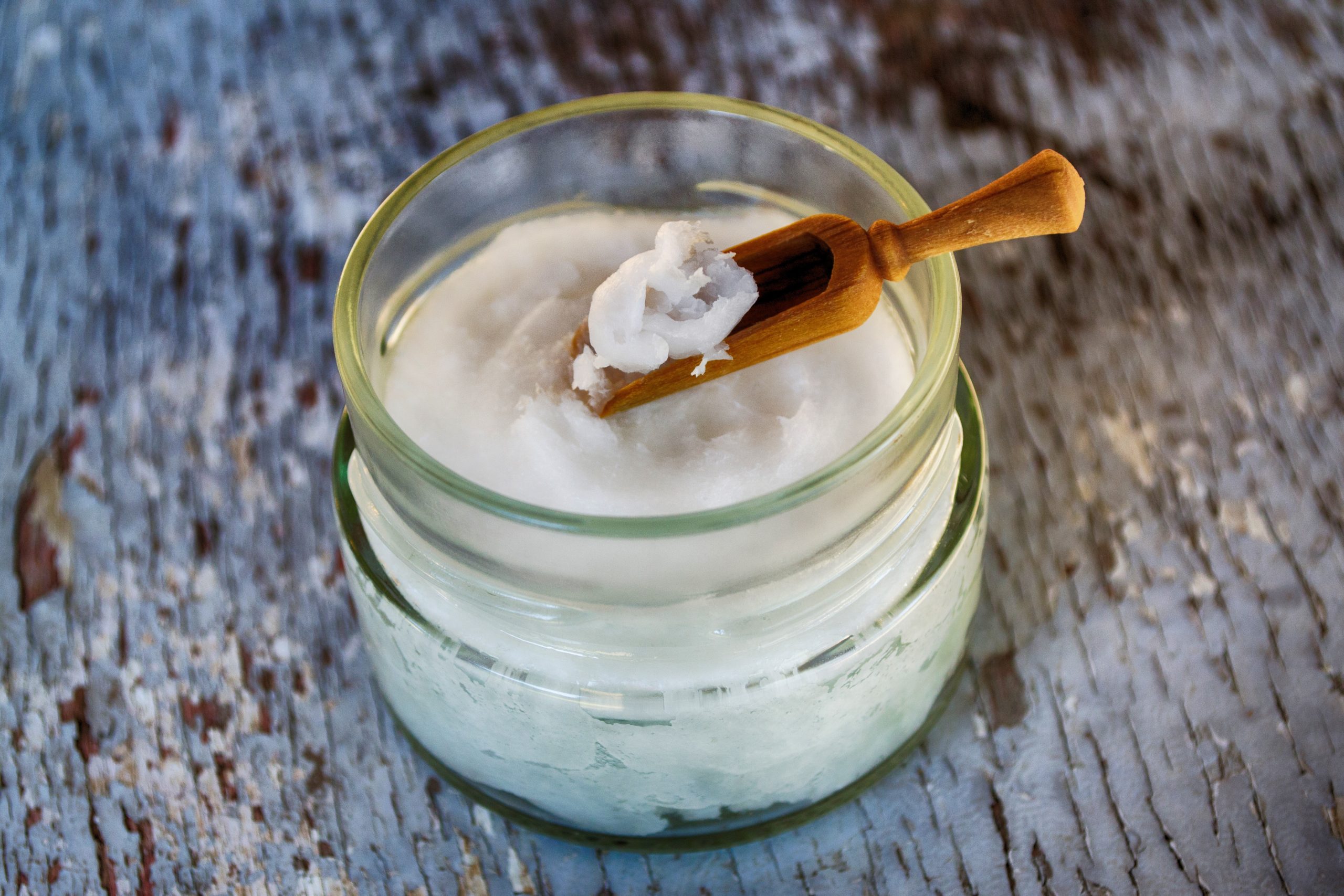
Hormone replacement therapy, a common treatment for menopausal women, is even more dangerous than previously thought, according to a study conducted by the Journal of the American Medical Association. In fact, hormone replacement therapy, HRT, greatly increases a patient's chance of breast cancer. Hormone therapy is very risky and may increase chances of cancer among other long-term effects in men and women. Additional problems may include blood clots, strokes, heart attacks, and breast cancer.
Surprisingly, doctors continue to tell menopausal women - and probably believe themselves - that taking synthetic forms of progesterone called "progestin," would prevent hot flashes, heart disease, osteoporosis, and that it would greatly extend women's youthful years. But many studies show a very different picture. Results prove much worse than beneficial. Hormone Replacement Therapies (HRT) have been widely used in post-menopausal women because many doctors believe the treatment eases hot flashes and other acute symptoms of menopause, as well as increases bone density, protects against heart disease and stroke, and delays the onset of dementia.
It is crucial that people understand the difference between natural hormones derived from plants and those made from synthetic progestin and in one popular case, horse urine. The serious drawbacks and dangers from synthetic hormones and animal waste by products have been proven to be so counter healthy that lawsuits eventually put some of them out of production. But aggressive marketing had already and continue to convince many women and their doctors that HRT would keep them healthy and youthful.
Hormone imbalance, sexual dysfunction and hot flashes are just three of the side effects thousands of women have reported after taking hormone replacement therapies to help with post-menopausal symptoms and/or hormone imbalances.
Doctors have been exposed to the rigorous sales pressures from drug and pharmaceutical companies for a long time. But because of serious loopholes in the current health care system of developed countries, especially with United States, many women will now seek out naturopathic physicians who are familiar with the dangers of HRT when faced with hormonal challenges. Naturopathic doctors now have saliva tests available to assess a woman's hormonal status (a procedure which regular MDs do not practice and consider valid or even know about) and can design a personal program based on those tests. Though traditional doctors may argue that this approach is not scientific enough, the risks based on this approach are much less than the risks that accompany the pharmaceutical route.
Some post-menopausal women may use black cohosh, herbal supplements and vitamins as alternatives to HRT. Some may work for a time, but many medical professionals question their effectiveness because not enough scientific studies have been done on them and the FDA has not approved them to work for a long period of time, if at all. Instead, most doctors will just put patients on some type of hormone replacement therapy, hoping to minimize the symptoms of menopause and hormone imbalance through medicine. But what about looking at the right diet, exercise and lifestyle changes that prove critical for post-menopausal and women with hormonal imbalances and struggles?
Natural hormones, such as micronized progestin, offers great help for older women. Some are commercially available, but most are compounded in pharmacies, which can vary the accuracy of the active ingredients. The main problem is nobody has standardized the natural hormones, so they are not considered safe, effective or even available.
Estrogen Replacement Therapy (ERT), Hormone Replacement Therapy (HRT), and Natural Hormone Replacement Therapy (NHRT) can all help relieve menopausal symptoms such as hot flashes, night sweats, sleep problems, and vaginal dryness. Estrogen can also prevent bone loss that leads to thin, weak bones (osteoporosis). HRT may help prevent other diseases such as colon cancer and macular degeneration (age-related vision loss), and may help delay the onset of Alzheimer's disease.
There is some evidence that transdermal estrogen may be helpful in treating depression and in improving symptoms in female Alzheimer’s patients. Estrogen, especially oral estrogen, can help improve cholesterol levels, but in recent studies, that has not translated into a reduced risk of heart disease.
The benefits of Estrogen Replacement Therapy are not yet fully known and understood, and much remains to be learned about the differing effects of ERT and HRT in their various formulations. For example, oral and transdermal estrogens have somewhat different effects because of the way the estrogen enters the body. More research is needed to clarify these effects.
⚠ Increased risk of endometrial cancer in women with a uterus if estrogen is taken without progesterone or a progestin
⚠ Slightly increased risk of breast cancer after 4 or more years of HRT. Natural strogen alone may not raise the risk of breast cancer significantly.
⚠ Increased breast density, making mammograms more difficult to interpret and possibly increasing breast cancer risk. This appears to be an effect primarily associated with taking oral progestin continuously with estrogen.
⚠ Slightly increased risk of ovarian cancer
⚠ Slightly increased risk of blood clots, associated primarily with oral estrogens
⚠ Increased risk of gallbladder disease, associated primarily with oral estrogens
⚠ Slightly increased risk of heart attack or stroke, both in women with cardiovascular disease and in healthy women. This effect may be associated primarily with HRT using continuous combined oral estrogen and progestin or the daily use of an oral progestin.
⚠ Breast pain (often a temporary problem)
⚠ Nausea, associated primarily with oral estrogens
⚠ Bloating and fluid retention
⚠ Negative effects on mood
⚠ Monthly vaginal bleeding often occurs when women take estrogen and progestin in a cyclical style (usually estrogen every day, but progestin only part of the month) rather than all the time. Spotting or bleeding may also occur when HRT is taken in the continuous combined style (both estrogen and progesterone or progestin every day). Problems with bleeding and spotting may improve over time or with a change in dose, regimen, or type of progestin/progesterone used. Women who do not want any bleeding at all may find these effects unacceptable.
HRT is usually not recommended for women who have:
♀ Vaginal bleeding for no known reason
♀ A history of breast cancer
♀ A history of cancer of the uterus
♀ Liver disease
♀ Blood clots in the veins or legs, or in the lungs. This includes women who have had blood clots during pregnancy or when taking birth control pills.
♀ Cardiovascular disease (diseases of the heart and blood vessels)
For a long time, it was thought that ERT and HRT reduced the risk of heart disease, based on large observational studies that found lower rates of heart disease in ERT and HRT users. However, research has found that women who have had a recent heart attack or a stroke are more likely to have a second heart attack or stroke if they start taking HRT. For this reason, healthcare professionals should advise against starting HRT for women with cardiovascular disease. Even healthy women who begin HRT may have a slightly increased risk of heart attack or stroke in the first year or two of therapy.
For women who want neither natural nor synthetic hormone replacements, one alternative approach is herbs. When used wisely, herbs have few, if any, of the side effects of drugs. By using remedies that aid the menopausal process rather than attempting to stop it, herbs help us keep in touch with the natural process of menopause. Just as all foods have the potential for causing distress in some people; herbs are no exception and should be used with care.
Natural soy products seem to help some women as they are high in phytoestrogens (plant compounds with estrogen-like activity) and may relieve some menopausal symptoms. However, the evidence regarding soy is conflicting. Because over 90% of all soy products are now genetically modified, the basic structural make up and medicinal effects of soy has changed, and convincing clinical studies have shown that soy has little estrogenic activity in the brain and, therefore, doesn't help greatly with hot flashes and night sweats. In breast tissue, too much soy (particularly the genetically modified types) may stimulate the growth of breast cells and thus large amounts of soy may not be advised for breast cancer patients.
Although phytoestrogens have some estrogenic activity and may have some of the same effects as HRT, their long-term safety is not clear and has not been adequately studied. Some recent studies comparing specific herbal products to placebo in controlled clinical trials have shown little or no effect for ginseng, dong quai, evening primrose oil, or red clover on menopausal symptoms. Supplements of evening primrose oil (or equivalent) do provide gamma-linolenic acid which the body needs to make estrogen. And there is a long tradition of successful use of phytoestrogenic herbs such as black cohosh, St. John's Wort and chasteberry for hot flashes, night sweats and depressed mood.
Homeopathic medicines act in the same way as our system's defense reactions. They stimulate the natural defenses of the body in order to make them more effective, thus working with the body rather than against it. It is not the quantity of homeopathic medicine that counts but rather its presence that determines its activity. It is a method of individualized therapy. Pellets, tablets or drops are placed directly underneath the tongue and allowed to dissolve.
There are homeopathic remedies for symptoms associated with menopause such as PMS, irregular bleeding, restlessness, hot flashes, mental confusion, general fatigue, migraines, rheumatism, sadness and even aversion to tight-fitting clothes, necklaces and scarves around the neck. While easy to research and administer yourself, if a homeopathic treatment does not seem to work, you should consult a doctor trained in homeopathic medicine.
Aromatherapy is the art, and science, of using plant essential oils in the treatment of mind, body and spirit. Use of essential oils through massage, aromatic baths, hot or cold compresses or inhalation can have subtle, but very real, effects on the mind and on the body. Properly used, they are very safe, but some oils present hazards that anyone using them should be aware of. Even small amounts of oil can build up to a toxic level in the body over a period of time, and some of the oils are very poisonous and should be avoided under certain conditions such as pregnancy. Working with a qualified practitioner is recommended.
Aromatherapy practice is also excellent for self-treatment of relieving menopause symptoms. It offers a number of natural alternatives to hormone replacement therapy (HRT) by stimulating estrogen production, regulating hormones and managing such symptoms as irregular menstruation, hot flashes, and, depression.
Exercise and excellent nutrition help prevent heart disease and osteoporosis, and the whole spectrum of vitamins, minerals and trace elements are even more important at this stage of life. Calcium supplementation is advisable to protect against osteoporosis. Many studies found that exercise helps relieve and prevent many symptoms of menopause such as hot flashes and night sweats.
Your diet should be low in fat, rich in fruits and vegetables, and provide adequate calcium and vitamin D. A multivitamin and calcium supplement may be helpful.
Try to get at least 30 minutes of exercise most days of the week.
Ask your healthcare provider, qualified herbalist or naturopath about what you can do besides HRT to gain an understanding of the choices available for your personal journey. Additionally, anyone taking hormones (natural or synthetic) should be re-evaluated every six months.
Resources: National Heart, Lung and Blood Institute, National Cancer Institute, National Institute on Health, National Institute on Aging, The Mayo Foundation for Medical Education and Research and Journal of the American Medical Association.
